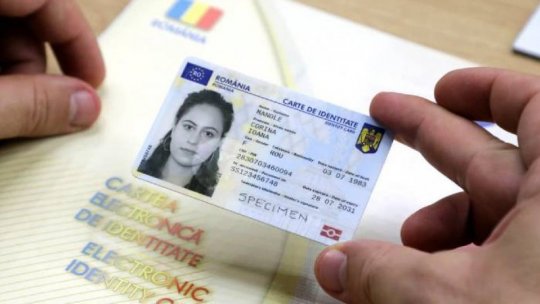Employers demand the convocation of a new meeting at the ESC
The Economic and Social Council could not gather in order to approve a new draft of wage law, as the trade union representatives did not participate at the meeting. Trade unions argue that this draft law violates the Constitution.

Articol de Diana Domenico, 24 Noiembrie 2010, 09:59
Due to lack of response from the mediation body, the Government representative in Economic and Social Council notifies that the Executive shall continue procedures on the new law on unitary wage.
This matter requires the ESC to be consulted, even though its approval is only formal, stated Valentin Mocanu, Secretary of State in the Ministry of Labor.
Employers demand the convocation of a new session, as the Council was not able to gather on Tuesday to discuss upon the matter, due to lack of participation from trade union representatives.
The latter accuse the lack of communication and state that the new law violates the Constitution.
On Monday, the five trade union confederations warned the Executive they would not attend the meeting organized by the ESC, as a form of protest against the Government’s attempt to enforce the promotion of the draft fot unitary wage law, which, in their opinion, violates the Constitution.
The law requires the approval from ESC, states the head of Democratic Trade Union Confederation in Romania (CSDR).
The current bill does not propose a fair wage and a unitary wage scale, claim the trade unions.
Iacob Baciu, the leader of the Democratic Trade Union Confederation in Romania, points out that the draft law requires ESC’s approval in order to be adopted.
“In order for a bill to be adopted, a positive or a negative notification is required. Without the ESC approval, the Government or the Parliament can assume this responsibility as a political resolution.
In Romania, there is no such thing as social dialogue. It is only applied when having western guests such as the World Bank or the International Monetary Fund. The actual situation indicates that employers or trade unions are insignificant in decision making”, stated Iacob Baciu.
Valentin Mocanu, Secretary of State in the Ministry of Labor, said that the law can move forward in Parliament and the procedures can be attended without approval from the ESC. Once the formal approval is received, all legal conditions are met.
It is not a question of formality. I said formal procedure, not formality, as the ESC has performed its task and a meeting on this matter will be held today, with participation of trade unions', said Valentin Mocanu.
Employers demand the rescheduling of the ESC meeting
Employers will demand the rescheduling of the ESC meeting, in order to reconsider the draft unitary wage law.
According to Ioan Cezar Coraci, head of the General Confederation of Romanian Industrialists (UGIR-1903), only 30-40% of the submitted laws go to ESC plenum, even if all draft laws are required CES approval.
'I knew that this piece of law will not go through the ESC in order to be approved, as they have made a habit of not sending bills to be further analyzed by the Economic Council.'
'The law must be amended, as most of the documents are received after they have been already voted by the Government, who is no longer able to operate on them, as stipulated by the Constitution', said Ioan Cezar Coraci.
According to the draft unitary wage law, all state employees will reclassify their jobs starting January 2011.
In early 2011, employees have the chance to recover up to 15% of their 25% reduced salaries.
The Government proposes a minimum wage for the next year of 690 RON.
Translated by: Mihaela Grigoraş and Andreea Velicu
MA Students, MTTLC, Bucharest University









